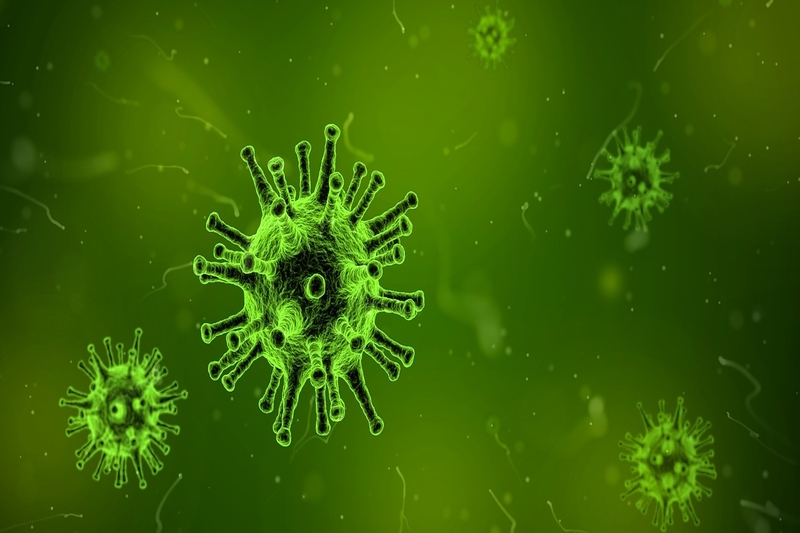
In light of the current COVID-19 crisis, scientists and researchers in Singapore are stepping up efforts to better understand the disease and find a vaccination cure.
A collaborative effort of clinicians and scientists from Duke-NUS Medical School (Duke-NUS), SingHealth Duke-NUS Academic Medical Centre, Singapore General Hospital (SGH), National Centre for Infectious Diseases (NCID), and Ministry of Health (MOH) have successfully cultured the coronavirus from the clinical sample of an infected patient.
Singapore is currently the third country in the world to culture the virus. This step forward is crucial to understanding the virus and aid diagnosis efforts. The cultured virus will be used for creating new diagnostic efforts, monitoring potential mutation and testing for potential vaccine and drugs.
“This is a crucial step forward for Singapore and neighbouring countries in response to the evolving coronavirus outbreak. We will continue our efforts and do our best to serve the nation, the region and the world in controlling this outbreak,” said Professor Wang Linfa, Director of the Duke-NUS’ Emerging Infectious Diseases Programme.
Prof Wang is a reputable international expert on growing zoonotic viruses and is presently serving on various WHO committees on the coronavirus.
Assistant Professor Danielle Anderson, Scientific Director of the Duke-NUS ABSL3 facility, shared that the team had cultured the coronavirus in Singapore within their own containment laboratory (ABSL3). Assoc Prof Anderson explained that this will help boost efforts for assessing the effectiveness of trial vaccines.
It will also allow for the eventual development of early-diagnostic tests to detect the virus in asymptomatic patients. The development of vaccines and cures will be possible as well.
Associate Professor David Lye, NCID’s Director of the Infectious Disease Research and Training Office, said that NCID had made way for collaborative efforts between Duke-NUS, NUS Department of Microbiology and Immunology, Lee Kong Chian School of Medicine, Defence Science & Technology Agency, Saw Swee Hock School of Public Health, Agency for Science, Technology and Research and public healthcare institutions.
As of the latest news, the total number of infections in China’s has surpassed 17,200 across the country and there are 2,829 new confirmed cases. These figures were reported by the National Health Commission. With 57 new deaths within the Hubei province, except for one, the national death toll has gone up to 361.
The number of COVID-19 cases in Singapore currently remains at 18. One of them is a 31-year-old Chinese woman who arrived in Singapore from Wuhan on Jan 22.
The infectious nature of the virus has made it an emergency for developing new diagnostic techniques, vaccines and treatment strategies against the virus.
As part of the nation’s efforts for preventing the further spread of the virus, the Immigration & Checkpoints Authority (ICA) Singapore had denied entry to 15 travellers into Singapore, due to their travel histories to mainland China in the last 14 days or the suspension of visa facilities.
















